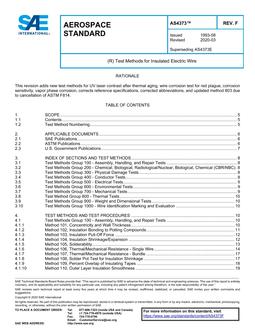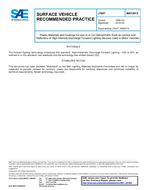Click here to purchase
During the combustion event, the intent of the engine design is to contain the combustion gases in the combustion chamber to load the piston and drive the piston to turn the crankshaft. It is the intent of the power cylinder system to seal the gases and to control the oil film on the power cylinder parts. The gas that escapes around the rings and piston is referred to as blow-by gases or just blow-by. The power cylinder system and individual components are designed to seal the gases. The understanding associated with which features affect blow-by is important in the engine design and development process. When diagnosing blow-by problems the engineer must be aware that other engine systems can affect blow-by. These systems are as follows: Power cylinder system; Head gasket; Cylinder head system (valve stem guides and seals); Turbocharger; Supercharger; Air compressorsTo solve an excessive blow-by problem, these systems must be isolated so that the system causing the problem can be identified. If the power cylinder system is identified as the cause of the blow-by problem, this document will provide guidance as to which design feature has made the greatest contribution to the excessive blow-by. The guidance provided by this document will also help the development engineer to optimize the blow-by and oil consumption of the engine. In addition to the design, it must also be recognized that the quality and cleanliness of the power cylinder components as well as the assembly practices can have a major influence on the blow-by of an engine. There is not very much detail on the influence of quality of the components on blow-by. In addition, there is no mention of how blow-by is measured because it is typically engine specific and company specific. This document will provide guidance for solving and preventing blow-by problems from the design viewpoint.
Product Details
- Published:
- 02/07/2007
- File Size:
- 1 file , 760 KB
- Redline File Size:
- 2 files , 5.8 MB


